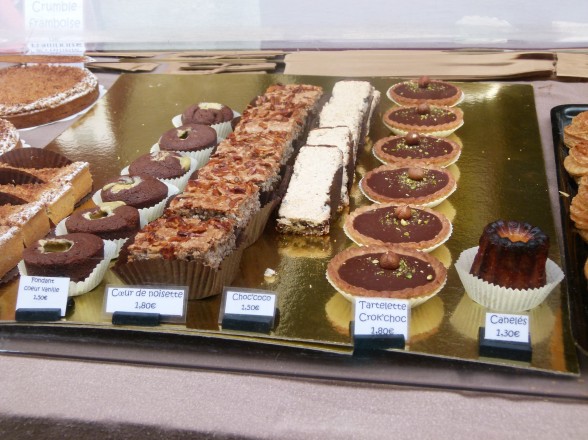
Something bizarre happened during my recent trip to France. After indulging in what seemed like copious amounts of incredible food for a week and feeling like I would likely need to watch my diet upon coming home, I cautiously stepped on the scale and saw that I hadn’t gained an ounce. How was that possible? I felt as though I had eaten more than usual and I even gave in to foods I don’t normally eat at all like bread, wine and chocolate. Well, I wasn’t the only one. The day after I returned home, the emails from other students were flying – “I didn’t gain any weight! I can’t believe it!”
Well I’ve been thinking about my experience which relates to the so-called “French Paradox,” the idea that the French people are able to enjoy food high in saturated fat yet don’t suffer from coronary heart disease. Of course, my experience and observations are rather personal and unscientific and I haven’t taken any blood tests, but I have come to some conclusions about the French and the benefits of their way of eating, at least where I visited in the countryside. Here’s what I observed about their approach to food:
- Eating is a leisurely act. The French take their time when they eat. No one is in a rush to finish or to serve you if you are in a restaurant. Lingering over over a meal, especially lunch, is very relaxing and pleasurable. I noticed I was able to enjoy my food more and really pay attention and savor what I was eating. I can’t tell you how much more satisfied I felt eating this way. This is a lot different from how many of us eat, on the run, inhaling who-knows-what, only to be hungry an hour later.
- Lunchtime is sacred. Although I understand the French are starting to work more hours in a day, they’re aren’t messing with the 2-hour lunch. Everyone except restaurants takes lunch from 12:00 to 2:00. If you are headed to France, with the exception of large cities like Paris, do not expect to shop or run errands during this time. Imagine my surprise when I was asked to leave the Toulouse-Lautrec Museum at 11:50 am. They were closing for lunch, of course. I’m thinking if you wanted to commit a crime in France, you’d have a great chance of not getting caught since I saw many a police officer packing it up at 11:55 am. The point is that taking a nice long break from our hectic day is a very healthful way to restore our energy and enjoy your meal.
- Lunch is the biggest meal of the day. This relates to the observation above. I found it so interesting that when I ate a very large lunch over 2-3 hours, I wasn’t hungry at all the rest of the day. When dinnertime rolled around, I really only needed a small salad or cup of soup, if that. Coincidentally, Ayurveda, the Indian science of life, teaches us to consume 75% of our calories before 2:00 pm. Our digestive fire is at its peak when the sun is at its highest point in the sky, between 12:00 and 2:00. I see many busy moms skipping lunch or eating a small salad because they have no time to sit and relax, but then the snacking starts as their energy begins to dip around 2:00 pm. Then they’re eating cookies with the kids after school, needing a latte at 4:00 to keep their energy up, and then snacking while making dinner. I definitely consumed fewer calories and slept better on the days I ate a larger than normal lunch. The only tradition I won’t be able to continue at home is wine with lunch!
- Whole, full-fat foods are more satisfying. There’s no low-fat or non-fat goat cheese in France. That’s not to say that if you go into a supermarket you won’t find (American) processed foods that are low-calorie, low-fat, sugar-free, etc. But in general, the French go for the real deal and enjoy it. Omelettes are made with whole eggs, not just the whites. Cheese and dairy products are whole and unrefined, as well. High quality fats fill you up and, in my opinion, taste better and are more satisfying. You will surely be less likely to graze later.
- Just because the French are surrounded by seriously amazing food on a daily basis doesn’t mean they eat all of it….in one sitting. Yes, there are crazy delicious croissants on every corner, as well as chocolate, pastries, and rich desserts. I noticed that French people will indulge, but in much smaller portions than we do and not necessarily every day. I was thinking one day about desserts in particular and the gigantic portions we get at restaurants in the states. Some of these offerings can total more than 1,000 calories. That’s completely insane. When we did indulge in dessert in France, it was a very small, but satisfying portion.
- No eating in between meals. The French do not snack. This goes against what many of us have been taught about eating many small meals a day to prevent ravenous hunger and stabilize blood sugar levels. Everyone is different and small mini-meals may work for some people, but I know it doesn’t work well for me. I tend to consume much more food in a day if I am constantly even just a little hungry. 200 calories here, 200 hundred calories there start to add up. You won’t need snacks if you eat enough satisfying food at breakfast and lunch.
- Fresh is best. You already know this, but higher quality, fresh, unprocessed food is better for you. Period. It is more digestible and more recognizable by our bodies. Fresh food contains more nutrients which signal to our bodies that we have been nourished. No need for the body to send us signals that it needs more. Think about how obsessed Americans are with dieting and losing weight, how afraid we are of fat and carbs. While we consume more artificial, sugar-free, fat-free, processed and refined food, we just keep getting fatter and sicker.
I am really interested to hear if you have had similar or dissimilar experiences traveling to other countries and adopting their way of eating. Or perhaps you have noticed some strategies that have helped you maintain a healthy weight. Please share!

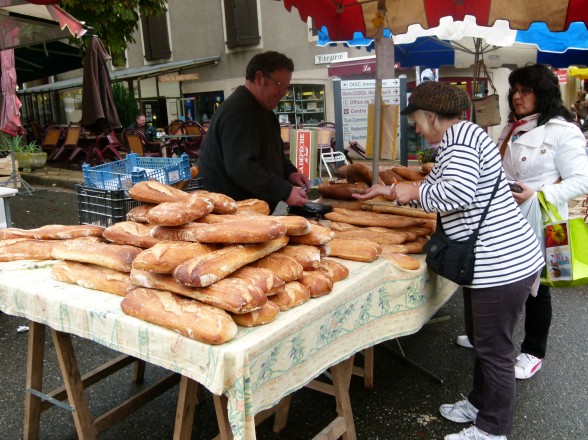
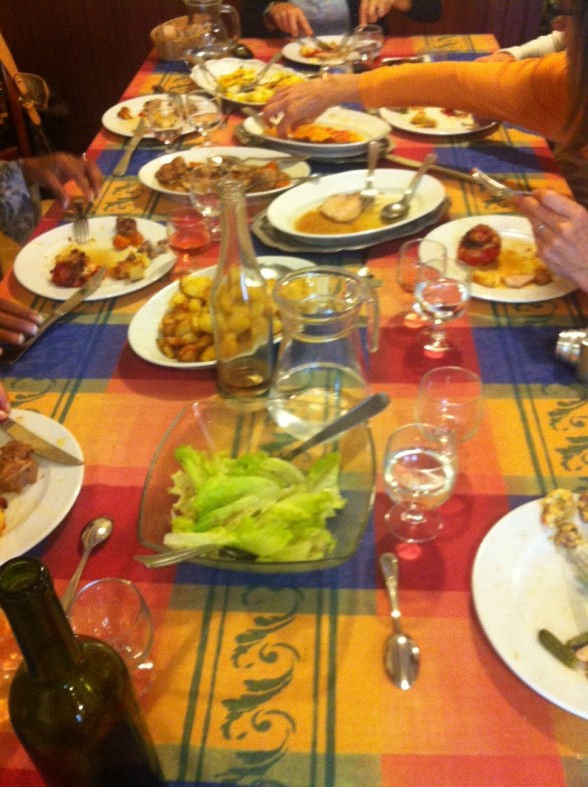
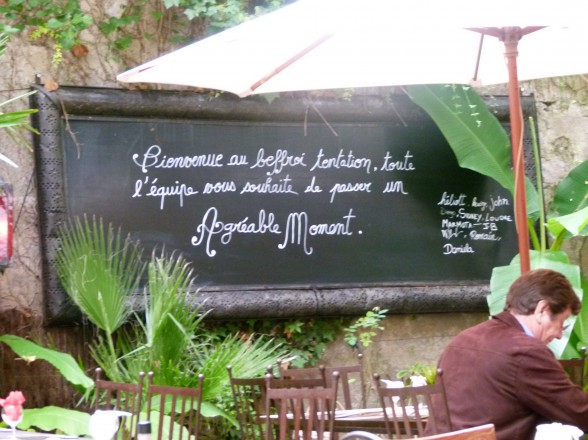
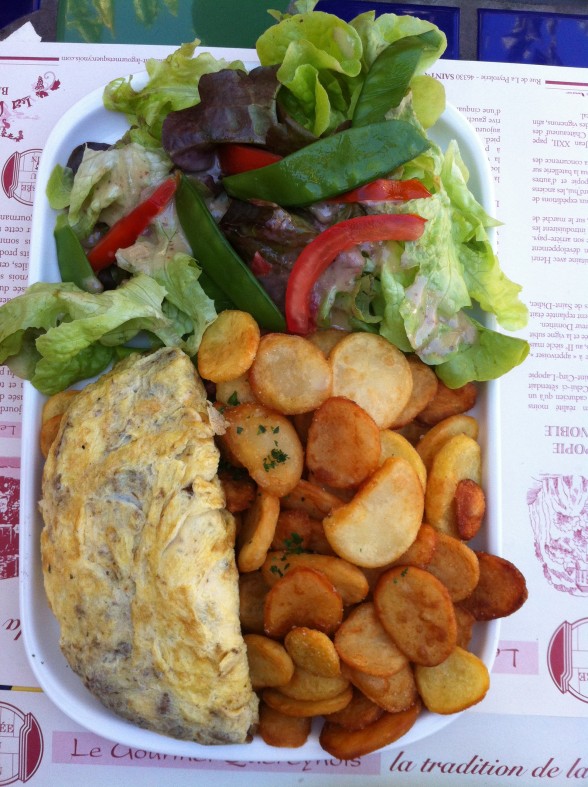
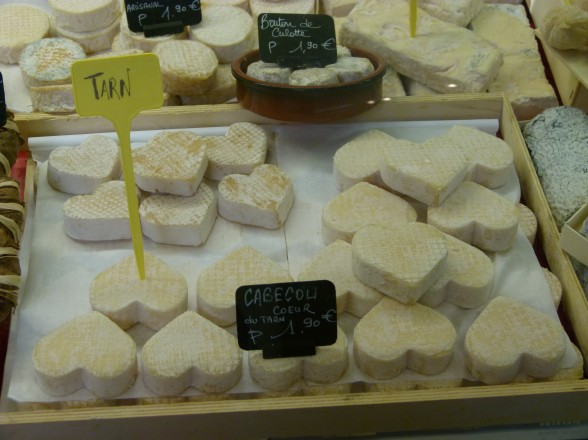
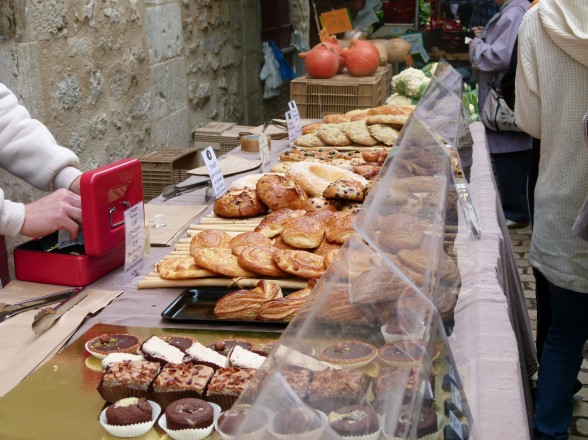
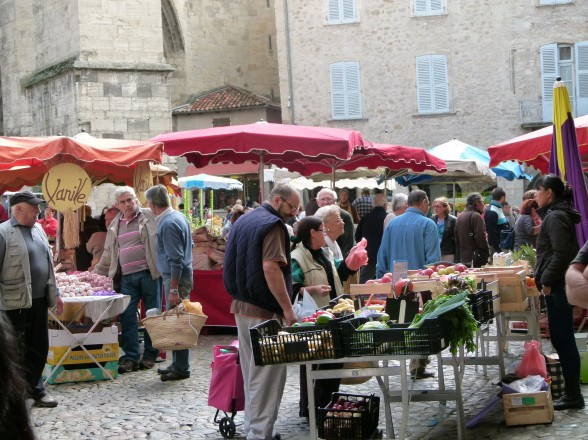
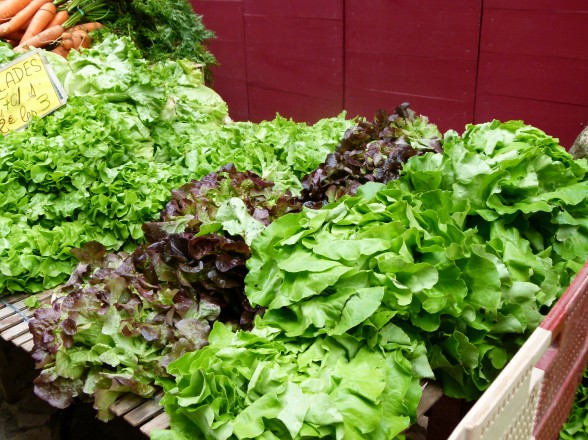




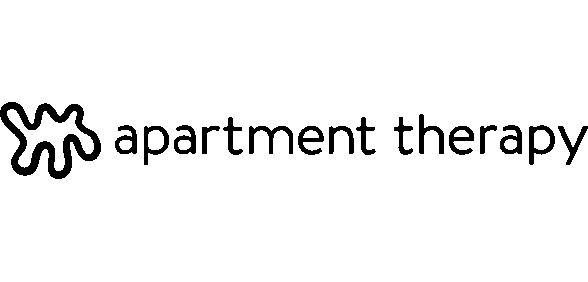

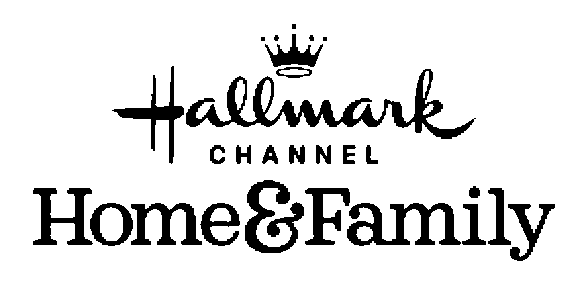


Each and every time I have the pleasure of traveling to Europe, I have this same experience. And I always contemplate how it is that I can eat to my heart’s content and not gain weight in the process. I love this article. You touched on some very valid points about the differences in lifestyle and attitudes about food between Americans and the French. I believe that we can incorporate some of their habits into our everyday lives. It is certainly worth a try. Thank you!
Well said! Thank you, Andy!
Pamela,
Thank you for the great reminders. I do remember this from my trip to Paris. I’ve had the same experience changing my diet from heavy dinners to more substantial lunches whenever possible. I make soups all the time so there is a bit available for dinner for me, even if I do make my husband and daughter a more substantial meal for evening (as they are less able to have a leisurely lunch with school and work).
Thanks for your observations. BTW, I make the gluten free version of your trail mix cookies routinely now. They certainly help stave off the cravings for the usual gluten-full items we miss from time to time! Thank you for those. My husband can’t get enough.
Thank you for your comments, Carol. It’s easy to have a leisurely lunch in France because it’s such a huge part of their culture. Here, not so much!
I do not have any experiences to share, but I found this article so interesting and something we can try to adopt a little at a time. Although we have dinner together as a family almost every night, sometimes mealtimes are just so rushed like you said. Thank you for the insights and observations!
Thank you for your thoughtful comment, Kathy. I like what you said about adopting new practices a little at a time. I think we set ourselves up for success when we make gradual changes. But I am certainly going to try to eat in a more leisurely manner from now on or at least never again in my car! 😉
I experience a similar situation when traveling in Italy especially when staying with family and friends. Fresh fruits and vegetables are staples, cheeses are full fat, meat is secondary but fish is plentiful. Pasta is ever present but somehow doesn’t add pounds. Yes, “vino” accompanies meals along with great conversation. Snacks are really not needed. I think these food “principles”, with their different variations, are common to just about all Mediterranean cultures. Food and nutrition specialists have always looked to the Mediterranean diet as optimal for good health.
All true! And in Italy, pasta is eaten as a first course with just a few ounces per serving, not 1/2 pound as most restaurants are apt to give you here. Yikes!
These are really great tips Pamela. We do eat too much and too often here, and like you said most of what we eat is processed junk. Thank you for sharing your experiences with us! By the way, I don’t think having a glass of wine with lunch now that you’re home should stop 🙂
Thanks, Nancy. Not sure I could do carpool after the wine, but maybe I could relax on a Friday afternoon with a little Pinot. 😉